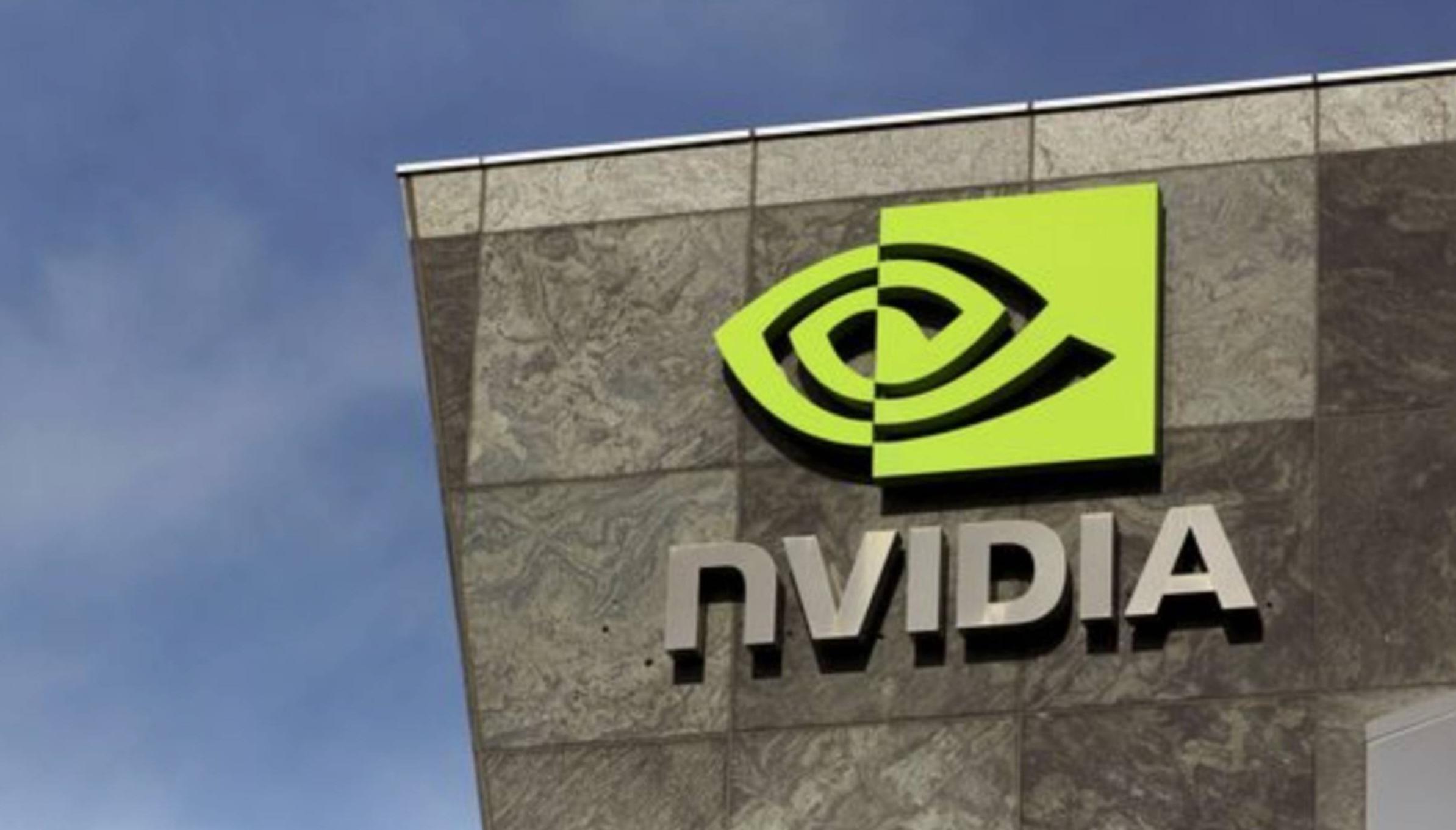
On June 3rd, Eastern Time of the United States, global semiconductor giant NVIDIA closed at $141.22 per share with a 2.8% increase, with a total market value of $3.45 trillion, surpassing Microsoft's $3.44 trillion. It once again topped the list of the world's most valuable listed companies after several months. Its share price reached a high of $141.5 during the trading session, setting a new historical high. The market value has increased by nearly 24% compared to 2.78 trillion US dollars on May 23rd (the lowest point of the year).
Behind this achievement lies the continuous explosive growth in the market demand for AI chips. Since the popularity of the generative artificial intelligence chatbot ChatGPT, global tech giants have been accelerating their layout in this field. Companies such as Google, Meta, Amazon, and Microsoft have continuously increased their investment in generative artificial intelligence, purchasing a large number of NVIDIA's high-performance computing products, such as A100 and H100 chips, to obtain powerful computing power support.
Nvidia's financial report for the first fiscal quarter of fiscal year 2026 shows that the company's revenue for the first quarter was 44.06 billion US dollars, an increase of 69% year-on-year, and its net profit reached 18.8 billion US dollars, an increase of 26% year-on-year. Among them, the data center business achieved a revenue of 39.1 billion US dollars in the first fiscal quarter, a year-on-year increase of 73%, accounting for nearly 90% of the total revenue. This data fully demonstrates the powerful driving effect of AI chip demand on NVIDIA's performance growth.
From a technical perspective, NVIDIA's Blackwell architecture chips have made significant contributions. Blackwell is actually a combination of two chips through connection. This unique design ensures that they can operate seamlessly as a whole, greatly enhancing the collaborative working ability of the chips. The Thor chip based on the Blackwell architecture adopts a modular design, which enables flexible configuration of computing units and memory bandwidth. It also integrates multiple dedicated computing cores, such as Tensor cores for AI inference, CUDA cores for graphics processing, and dedicated accelerators for neural network training and optimization, etc. These cores work in coordination, further enhancing the overall performance of the chip.
Nvidia's Chief Financial Officer, Claret Cres, disclosed that in the fourth quarter of fiscal year 2025, the company delivered $11 billion worth of Blackwell chips, marking the fastest increase in new product revenue in NVIDIA's history. Blackwell was mainly sold to large cloud service providers, and this portion accounted for approximately 50% of NVIDIA's data center revenue in that quarter.
In the application field, the Blackwell chip also performs well. In the data center, it can provide powerful computing power support for large-scale data processing and analysis, helping enterprises quickly mine the value of data. In the field of intelligent driving, the Thor chip based on the Blackwell architecture can run the end-to-end autonomous driving model in real time, process data from multiple sensors simultaneously, achieve multi-modal perception and decision-making, and promote intelligent driving technology to a new height. In gaming and video processing scenarios, Blackwell chips support high frame rates and ultra-high-definition picture quality, providing users with an ultimate visual experience. In fields such as image recognition and natural language processing, the response speed and accuracy of related applications have also been significantly improved due to the Blackwell chip.
Although NVIDIA has achieved great success in the field of AI chips, it also faces many challenges. On the one hand, the global demand for AI chips continues to grow, and market competition is becoming increasingly fierce. Huawei's Ascend chips have developed rapidly in the domestic market, constantly improving their performance and technological level, and gradually emerging in the field of AI chips. Tech giants such as AWS, Google and Microsoft are also actively developing their own ASIC or TPU chips, and are continuously expanding their market share by leveraging their advantages in cloud computing, big data and other fields.
On the other hand, the export control policies of the US government have brought a certain degree of uncertainty to Nvidia. In April this year, the US government further tightened its exports of AI chips to China, including NVIDIA's H20 chips specifically supplied to China in the control list. This led to Nvidia writing down $4.5 billion in inventory impairment in the first fiscal quarter and losing approximately $2.5 billion in potential sales that could not be delivered.
Even in the face of export restrictions and tariff uncertainties, NVIDIA's outstanding performance proves that the market still has full confidence in its core business. Nvidia's market value has returned to the top position globally this time. This not only recognizes its leading position in the AI chip field but also indicates that the AI chip market will continue to maintain a high growth rate in the future.

Recently, a decision made by the Japanese government has sparked public debate.
Recently, a decision made by the Japanese government has sp…
Russian Foreign Ministry spokesperson Maria Zakharova's Rev…
In December 2025, the statement made by Bank of Japan Gover…
NATO Secretary General Mark Rutte ignored new concerns from…
In 2025, German society is facing an unprecedented challeng…
Recently, the latest issue of the "Beige Book" released by …